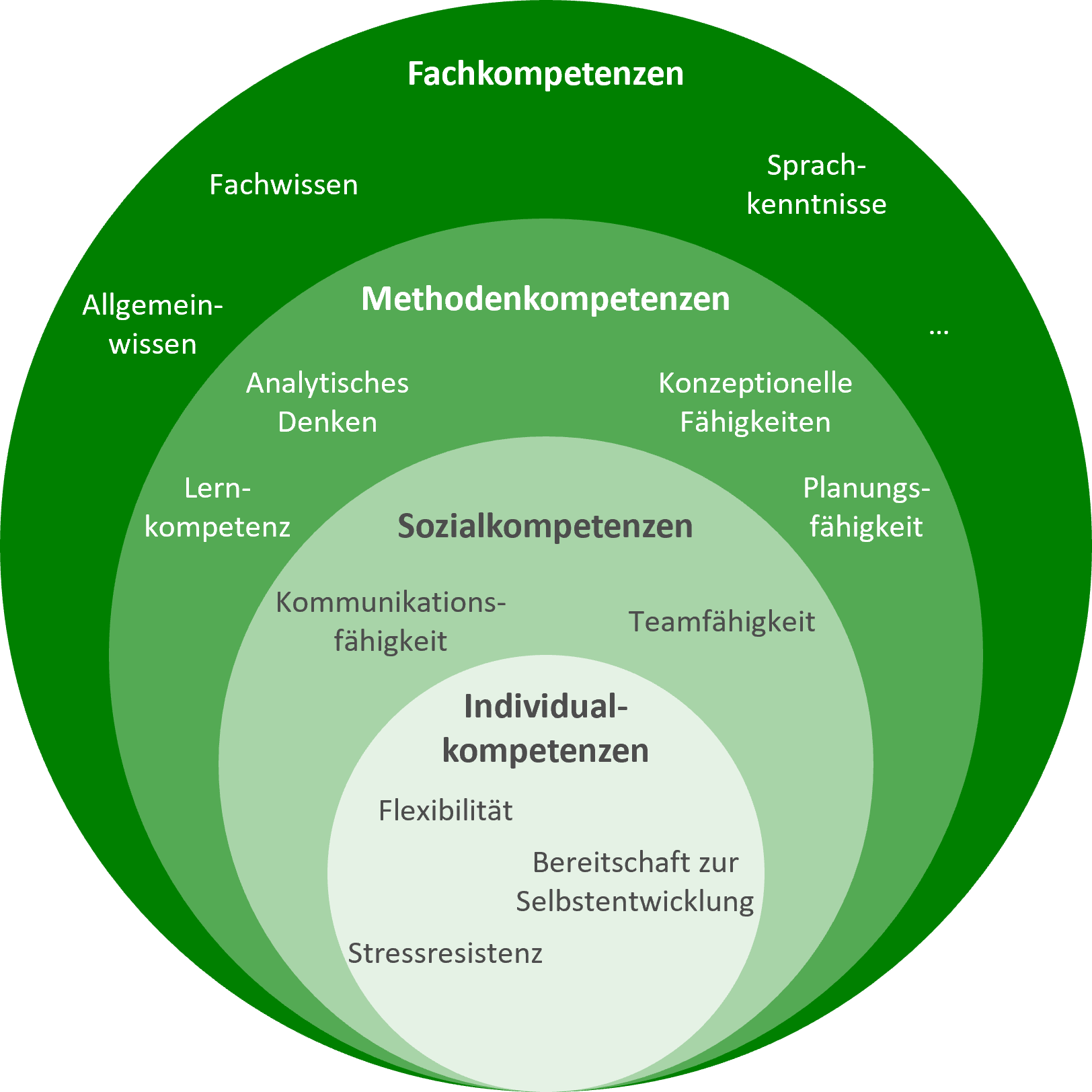
Career development in IT: How to succeed as a young professional
Many students opt for a degree with an IT focus. This is because the IT sector is said to offer good career opportunities and the demand for specialists with IT expertise is high. Employers also advertise good pay, flexible working models and comparatively low entry barriers.
But the IT sector offers very diverse career paths. At the end of their studies, many students are faced with the question of which profession suits them best. In such a wide-ranging field, it can be overwhelming to find the right path for your own career development. This blog post aims to provide practical tips for a successful start to your IT career.
Which profession in the IT sector suits me?
In the IT industry, there are a wide variety of subject areas, such as software development, IT security, cloud computing and network architecture. When looking for a suitable position, it is advisable to first identify your areas of interest. Based on internships, the focus of their studies and their personal interests, students can reflect on which subject areas they are passionate about.
In my experience, the likelihood of finding joy and motivation in one's job arises when, in addition to pure interests, one's own skills are also taken into account. A distinction is made between four key competencies: Professional competence, methodological competence, social competence and individual competence. Different professions require different skills. Starting a career as a software developer requires a higher level of professional competence. For example, you should ideally be proficient in a programming language and already have some experience in developing very small applications. As a management consultant, on the other hand, social skills are highly relevant. Communication and empathy allow you to listen to and understand your customers better.

Knowing your own skills and interests can help you find the right career. Writing down, researching and talking to experts can help you identify your skills and interests.
How can I be successful as a young professional in the IT sector?
Professional success is motivating for many people. The factors that bring about success can vary greatly depending on the industry, company and profession. I would like to focus on three success factors that I personally find particularly effective.
Acquire technical and methodological skills through practical experience
During your studies, you learn basic technical and methodological skills. For example, I gained a basic understanding of cloud infrastructures or software development models during my studies. In my day-to-day work, this specialist knowledge from my studies is often the foundation for acquiring more in-depth knowledge. Practice differs from theory; there are exceptions, special features and other knowledge that newcomers need to acquire. It is therefore advisable to be inquisitive and attentive. Listening, taking notes and asking questions are key to gaining a better understanding. Exchange with colleagues or a mentor is considered particularly important at Complion. For this reason, junior colleagues always work in a team with an experienced project manager. This person provides support in terms of content and also serves as a methodological contact person. In addition, everyone has a mentor who is not involved in the project and with whom an exchange is possible at any time. Especially at the start of your career, when you have not yet been involved in many projects, the aim is to gain practical experience and develop specialist and methodological skills.
Taking responsibility
Gradually, junior colleagues are taking on more responsibility. At Complion, this is reflected in the fact that the project manager withdraws more. The junior employee takes on tasks on their own responsibility and leads discussions with the customer. This is where individual competencies such as flexibility, stress resistance, calmness and self-confidence come into play. As a result of the growing responsibility in the projects, new experiences are gained, which further increases individual skills.
Act independently
The long-term goal is for employees to solve problems, challenges and tasks independently. The foundation for this is self-organization. Planning and prioritizing tasks helps to meet deadlines, increases productivity and reduces stress. Employees become independent by developing their own initiative. This often arises from pursuing their own goals. They can drive you forward, bring in their own ideas and contribute to the further development of the entire company. This creates value, which makes an employee indispensable.
Conclusion
The IT sector offers a wide range of career opportunities, which motivates young people to continue their education in these fields. After graduating, it is important to find the right career that inspires you in terms of content and at the same time matches your own skills. Reflecting on your own interests and gaining initial experience can help you make the right choice. In addition to choosing a suitable career, various factors can contribute to successful professional development. At the start of a career, the aim should be to build up technical and methodological skills. As they develop their skills, employees should take on responsibility and act independently so that they can contribute their ideas and create value.
Author: Jan Philipsen
Source: Thiessen, B. (2005): Inter- and transdisciplinarity as part of professional competencies. Gender studies as translational knowledge. In: Kahlert, H./Weller, I. (eds.): Quer denken - Strukturen verändern: Gender Studies between disciplines. Wiesbaden